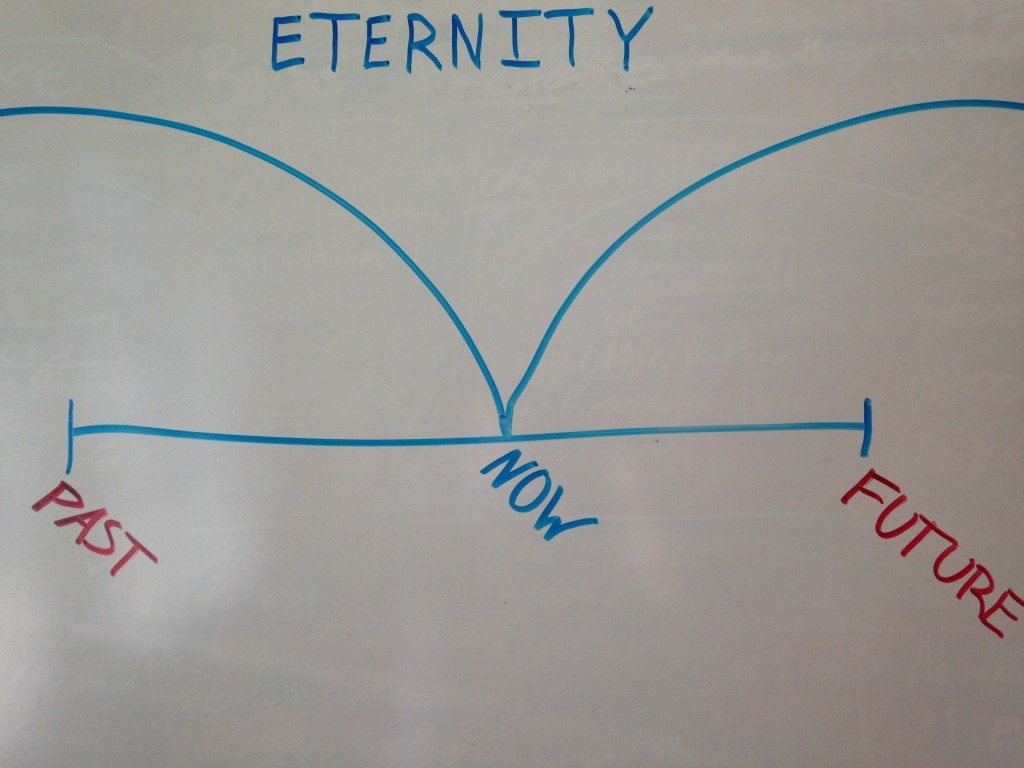Do you ever catch yourself thinking that the Gospel is only for certain people, or only for people who act in a certain way?
It certainly is easy to forget that the Gospel is also equally available to the entire rest of the world, no matter what. It does not matter what their personality is, what their age is, or even how they come to Jesus… He loves us all deeply.
In Mark 10, it certainly seems that even Jesus’ disciples got caught up in this very same struggle. Look at this passage with me…
13 And they were bringing children to him that he might touch them, and the disciples rebuked them. 14 But when Jesus saw it, he was indignant and said to them, “Let the children come to me; do not hinder them, for to such belongs the kingdom of God. 15 Truly, I say to you, whoever does not receive the kingdom of God like a child shall not enter it.” 16 And he took them in his arms and blessed them, laying his hands on them.
It was simple: All the little children wanted was to touch Jesus. Isn’t that us, sometimes? At some moments in our life, we just plain don’t have the flowery and perfect words to say, the happy perspectives to view life with, the perfectly balanced life to display, and so on. Sometimes, we’re so broken and so tired that all we want is a little Jesus. We want to draw near to Him, we want to be reminded we are known by Him, and we want to simply touch Him. We feel that we are not enough, and in our
We want to draw near to Him, we want to be reminded we are known by Him, and we want to simply touch Him. We feel that we are not enough, just as we are, to come to Him. Yet, in our weakness, we turn to Him to be our “more” that fills our gaps. During these particular seasons in our lives, we most definitely do not have it together; our life isn’t in a pretty little bow, all shiny and polished. We’re broken, and our most desperate need is the only One who can satisfy us. Maybe that’s you today, or maybe you’ve been this person before. Regardless, I think we’d all shake our heads and say that the last thing we want in seasons like this is to be rebuked and told that we had to bring more than what we had, or that we had to be more than we are, first. This exactly what Jesus’ disciples did and said in Mark 10.
Yet, as Christians, we put an unspoken pressure on one another to bring something to the table or be something already when we come to Jesus. Whether this plays out in our friendships, our small group environments, our churches, or even in our own minds (guilty!), there often is an unmistakable pressure to be, to try, to do or to become BEFORE we come to touch and be near our Lord.
Let’s make it a point this week to remember this: Jesus wants us and loves us as we are. Sometimes, all we can do is to receive Him with open arms, just as the children did in Mark 10. During some seasons, we bring nothing to the table besides a simple desire to be with Him. And throughout some days, we will feel weary from our efforts to fix/do/change/be something before spending time with our God. Let us find joy today in those who receive the kingdom of God like those little children: humbly, with joy, and without reservation. Let us also remind ourselves that neither we, nor those in our lives, need to come to Jesus in any particular way. He loves us as we are.
And thank goodness for that.









